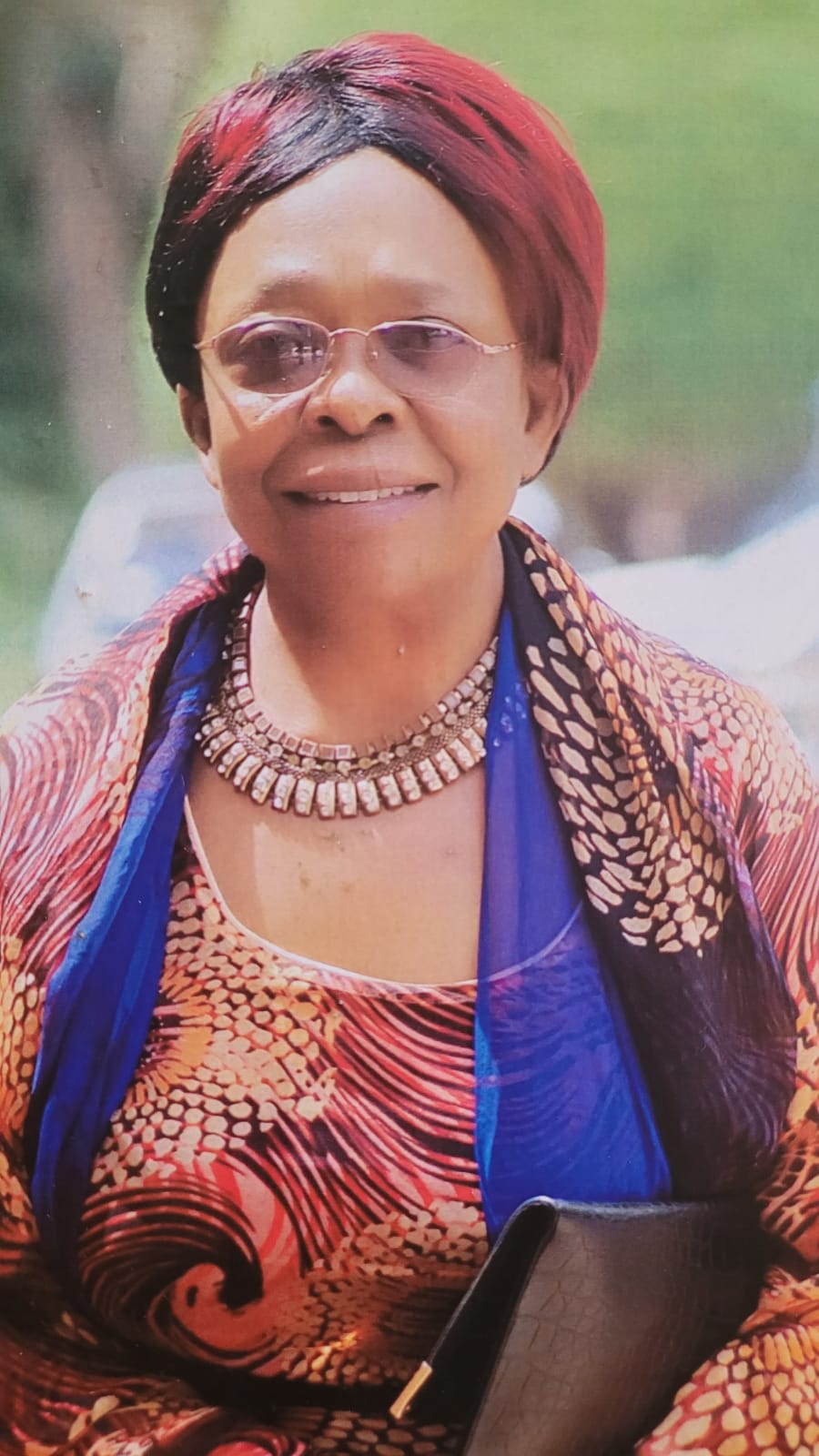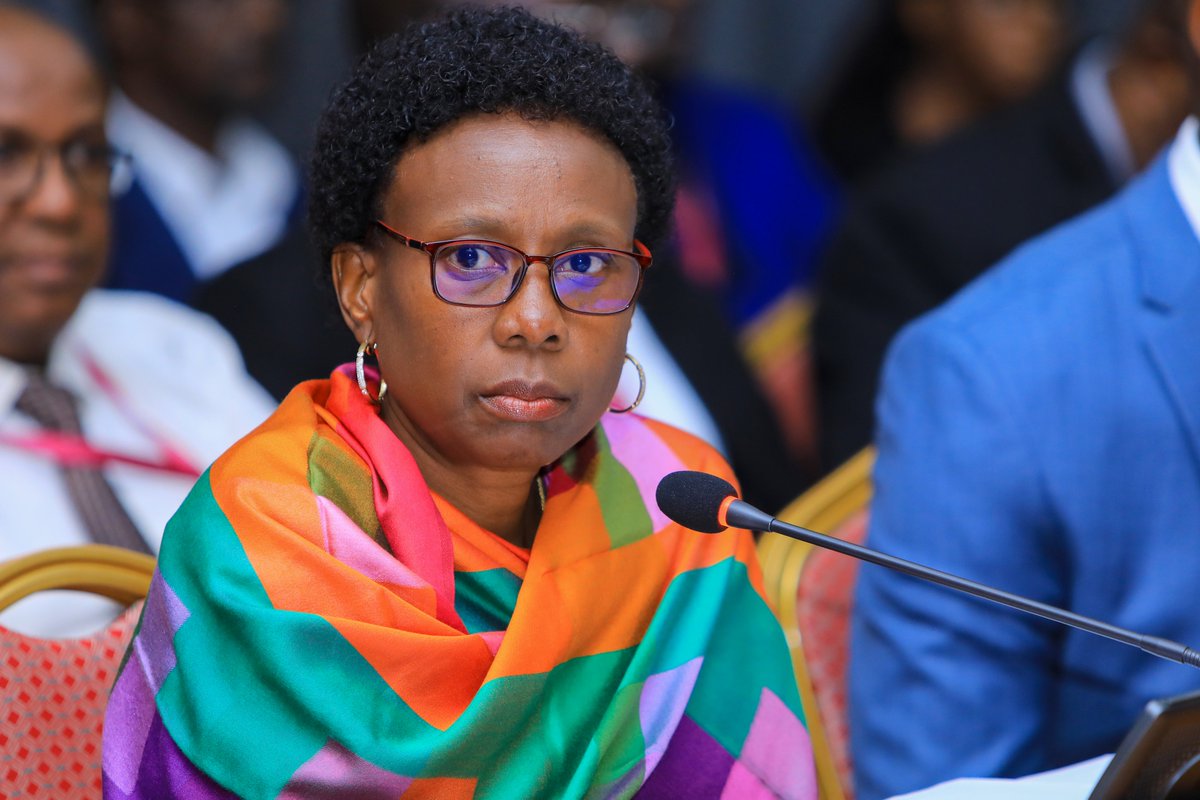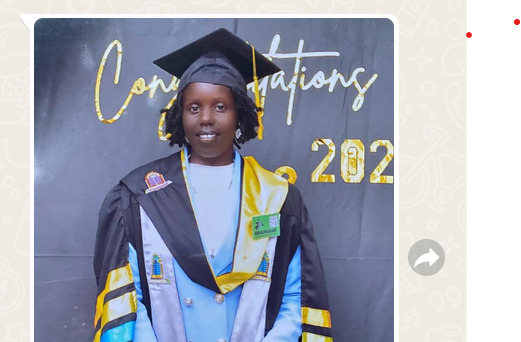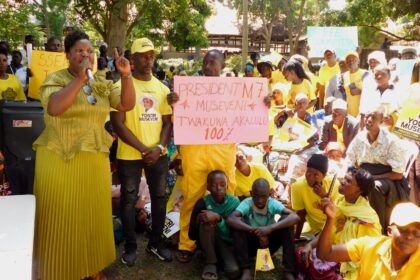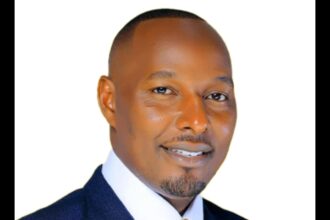Have you ever heard about the ingenious wound treatment practiced by the Banyoro people of Uganda? Documented in the early 20th century, this method involved the use of hot iron rods to cauterize wounds, effectively preventing infection and promoting healing. Like the cesarean procedure witnessed by Dr. Robert W. Felkin in Buganda of Uganda, this practice showcased a deep understanding of both human anatomy and the natural environment. However, much of this invaluable knowledge was overshadowed by the rise of Western medicine, leading to a missed opportunity in developing a uniquely African medical tradition.
This story echoes across Africa, where traditional medicine has long been an integral part of healthcare. The Sukuma people of Tanzania, for example, have practised bone setting for centuries, achieving results comparable to modern orthopedic techniques. Similarly, in Mali, traditional healers have used herbal treatments for mental illnesses, providing effective care within their communities. Yet, these practices, which should have been further developed and integrated into modern healthcare, have often been sidelined.
The Power of Traditional Medicine
Despite the dominance of modern medicine, traditional practices remain vital in many African communities. For instance, in the fight against malaria, medicinal herbs continue to play a crucial role. Plants like Artemisia annua, from which the anti-malarial drug artemisinin is derived, have been used for generations. In addition, herbs like neem and moringa are commonly consumed as teas or infusions to boost immunity and prevent disease. These daily practices, passed down through generations, are a testament to the enduring relevance of traditional medicine.
This situation is not unique to Africa. Chinese traditional medicine, with its roots in herbal remedies, acupuncture, and holistic health approaches, is widely respected and integrated into modern healthcare systems globally. Yet, African traditional medicine, which shares many similarities with its Chinese counterpart, is often undervalued and underutilized. Both systems draw on ancient wisdom and natural resources, but only one has achieved widespread recognition. It raises the question: why has African traditional medicine not been given the same respect and development?
The Covid-19 Pandemic: A Return to Roots
The Covid-19 pandemic brought these issues into sharp relief. As the virus spread, many African nations struggled to access vaccines, with Western countries securing the lion’s share. Faced with limited resources and delayed vaccine rollouts, many Africans turned to their traditional roots. Herbal infusions, traditional saunas, and steaming with medicinal plants became widespread practices, believed to boost immunity and alleviate respiratory symptoms.
Despite the predictions of grim outcomes, such as Melinda Gates’ infamous forecast of corpses flooding African streets, Africa experienced a relatively low prevalence of Covid-19 cases and deaths. Whether this outcome was due to the widespread use of traditional remedies, demographic factors, or other variables remains a topic of debate. However, what is clear is that traditional practices provided a sense of agency and comfort during a time of global uncertainty.
Embracing Our Medical Heritage
The examples of traditional cesarean procedures, herbal malaria treatments, and the use of indigenous remedies during the Covid-19 pandemic underscore the importance of Africa’s traditional medicine. Like Chinese traditional medicine, African practices have the potential to contribute significantly to global healthcare. However, this requires a shift in perspective—one that values and invests in the research, development, and integration of traditional knowledge into modern health systems.
In conclusion, Africa’s traditional medicine is a resource that should be celebrated and preserved, not overlooked. By embracing our rich medical heritage, we can create a healthcare system that is both resilient and rooted in our cultural identity, ensuring that it remains accessible and relevant for generations to come.
Author
Gertrude Kamya Othieno
Political Sociologist in Social Development
(Alumna – London School of Economics/Political Science)
Email: gkothieno@gmail.com
Do you have a story in your community or an opinion to share with us: Email us at Submit an Article



